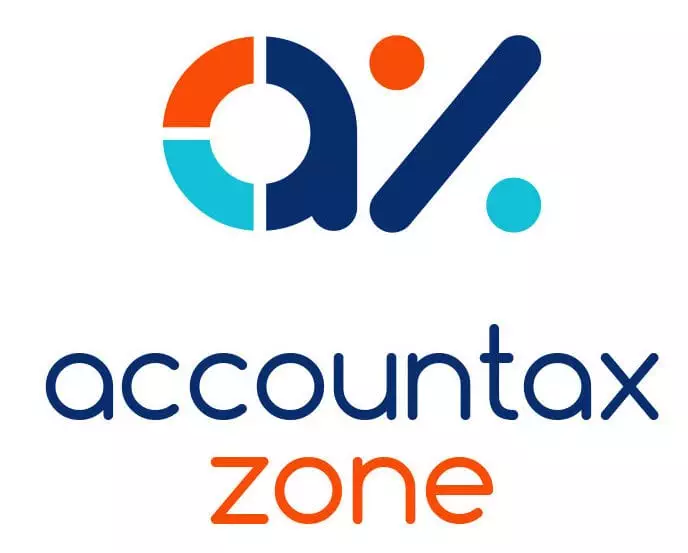Filing your business tax return might seem like a daunting task, but with the right approach and a few insider tips, you can navigate the process smoothly and efficiently. Here’s a fresh, modern guide to help you sail through your business tax return with confidence.
1. Start Early and Stay Organised
Why It Matters
Procrastination is your enemy when it comes to taxes. Starting early gives you ample time to gather documents, review information, and address any issues.
Tips
- Digital Filing Systems: Use cloud-based accounting software to keep your records organised and accessible. Tools like Xero, QuickBooks or taxcalc can make data entry a breeze.
- Create a Checklist: List all the documents and information you need, such as income statements, expense receipts, and payroll records. Tick off items as you gather them.
Pro Tip
Set calendar reminders a few months before the deadline to start preparing your documents. Regularly update your records throughout the year to avoid a last-minute scramble.
2. Understand Your Deadlines
Why It Matters
Missing tax deadlines can result in penalties and interest charges, which can be costly for your business.
Tips
- Know Your Dates: Familiarise yourself with important tax deadlines relevant to your business structure (e.g., corporation tax, VAT returns, self-assessment for sole traders).
- Automate Reminders: Use digital calendar tools to set automatic reminders a few weeks before each deadline.
Pro Tip
HMRC’s website provides a handy list of key dates and deadlines. Bookmark it and refer to it often.
3. Maximise Deductions and Credits
Why It Matters
Deductions and credits can significantly reduce your tax liability, saving your business money.
Tips
- Keep Detailed Records: Document all business expenses meticulously. Categories include office supplies, travel expenses, marketing costs, and professional services.
- Stay Informed: Keep up-to-date with tax law changes that may affect your eligible deductions and credits.
Pro Tip
Work with a tax professional/Accountant who can identify all possible deductions and ensure you’re taking full advantage of them.
4. Leverage Technology
Why It Matters
Modern technology can streamline your tax preparation process, making it more efficient and less error-prone.
Tips
- Accounting Software: Invest in good accounting software that integrates with your bank accounts and tracks your income and expenses in real time.
- Mobile Apps: Use apps like Expensify, Dext, Hubdoc, or Auto Entry to track receipts and expenses on the go.
Pro Tip
Explore tax software options like Taxfiler or TaxCalc, which are designed to simplify the filing process for businesses.
5. Consider Professional Help
Why It Matters
Tax professionals and accountants have the expertise to navigate complex tax codes and maximise your savings.
Tips
- Hire an Accountant: A qualified accountant can offer invaluable advice and ensure your tax return is accurate and compliant.
- Tax Advisors: For more complex tax situations, consider consulting a tax advisor who can provide strategic planning and advice. Some accounting firms have their inhouse tax advisors.
Pro Tip
Look for accountants who specialise in your industry, as they will be more familiar with specific deductions and regulations.
6. Review and Double-Check
Why It Matters
Errors on your tax return can lead to delays, audits, and penalties.
Tips
- Cross-Check Data: Compare your financial statements with your tax return entries to ensure consistency.
- Peer Review: Have another set of eyes, preferably a professional, review your tax return before submission.
Pro Tip
Use checklists and software validation tools to catch common mistakes before filing.
7. Plan for Payments
Why It Matters
Managing cash flow effectively ensures you can meet your tax obligations without financial strain.
Tips
- Estimate Taxes: Regularly estimate your tax liability throughout the year to avoid surprises.
- Set Aside Funds: Create a dedicated tax savings account to set aside money for your tax payments.
Pro Tip
Consider setting up a payment plan with HMRC if you anticipate difficulty paying your taxes in full.
8. Stay Compliant
Why It Matters
Compliance with tax laws avoids legal issues and ensures your business operates smoothly.
Tips
- Understand Regulations: Stay informed about relevant tax laws and compliance requirements.
- Document Retention: Keep thorough records for at least six years, as HMRC can request documentation within this period.
Pro Tip
Regularly review HMRC updates and consult with your accountant to ensure ongoing compliance.
9. Prepare for the Next Year
Why It Matters
A proactive approach sets you up for success in future tax seasons.
Tips
- Review Performance: Analyse your financial performance and tax return to identify areas for improvement.
- Adjust Strategies: Implement changes in your accounting practices to streamline next year’s filing process.
Pro Tip
Conduct a mid-year review with your accountant to stay on track and make necessary adjustments.
10. Utilise HMRC Resources
Why It Matters
HMRC offers a wealth of resources to help businesses understand and meet their tax obligations.
Tips
- Webinars and Workshops: Take advantage of HMRC’s educational resources, including webinars and workshops on various tax topics.
- Online Guidance: Use HMRC’s online tools and guidance to clarify any doubts you may have.
Pro Tip
Bookmark the HMRC website and check it regularly for updates and new resources.
Conclusion
Filing your business tax return doesn’t have to be a stressful ordeal. By starting early, staying organised, leveraging technology, and seeking professional help, you can streamline the process and maximise your savings. Remember, staying informed and proactive is key to ensuring compliance and minimising your tax burden. With these top tips, you’re well on your way to mastering your business tax return.
Ready to simplify your tax filing process? Start implementing these strategies today and take control of your business finances with confidence.










